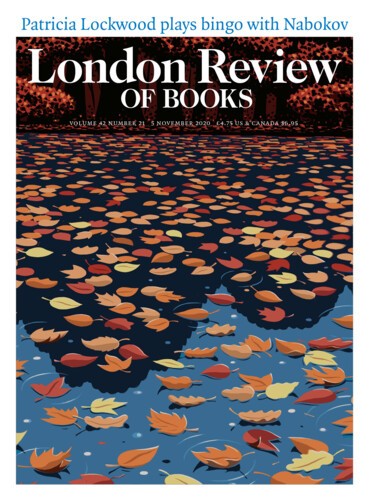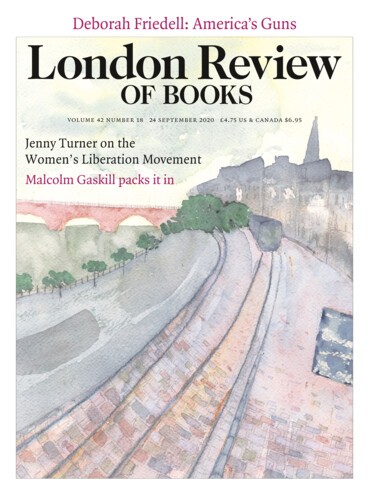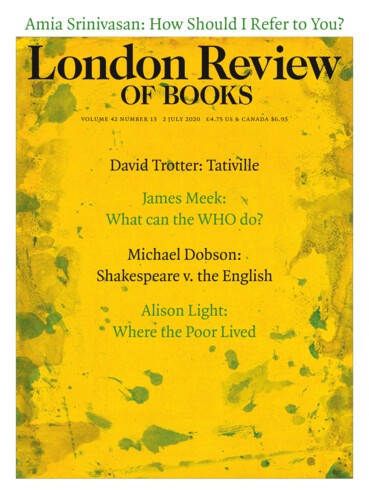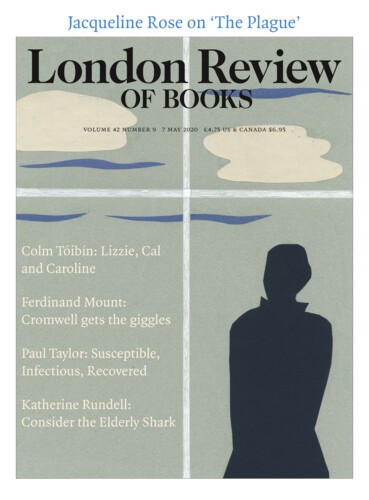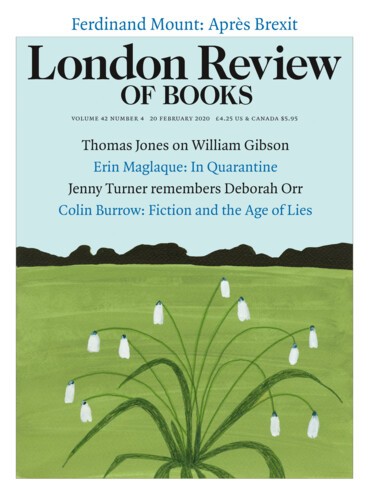The Importance of Being Ernie
Ferdinand Mount, 5 November 2020
Sir Nicholas Henderson was British ambassador almost everywhere that mattered – Bonn, Paris, Washington. He met all the great personalities of the second half of the 20th century. Yet in conversation he reverted, time and again, to the few years he spent in his twenties as assistant private secretary to Ernest Bevin. It wasn’t simply the stories that Bevin told and the stories...
